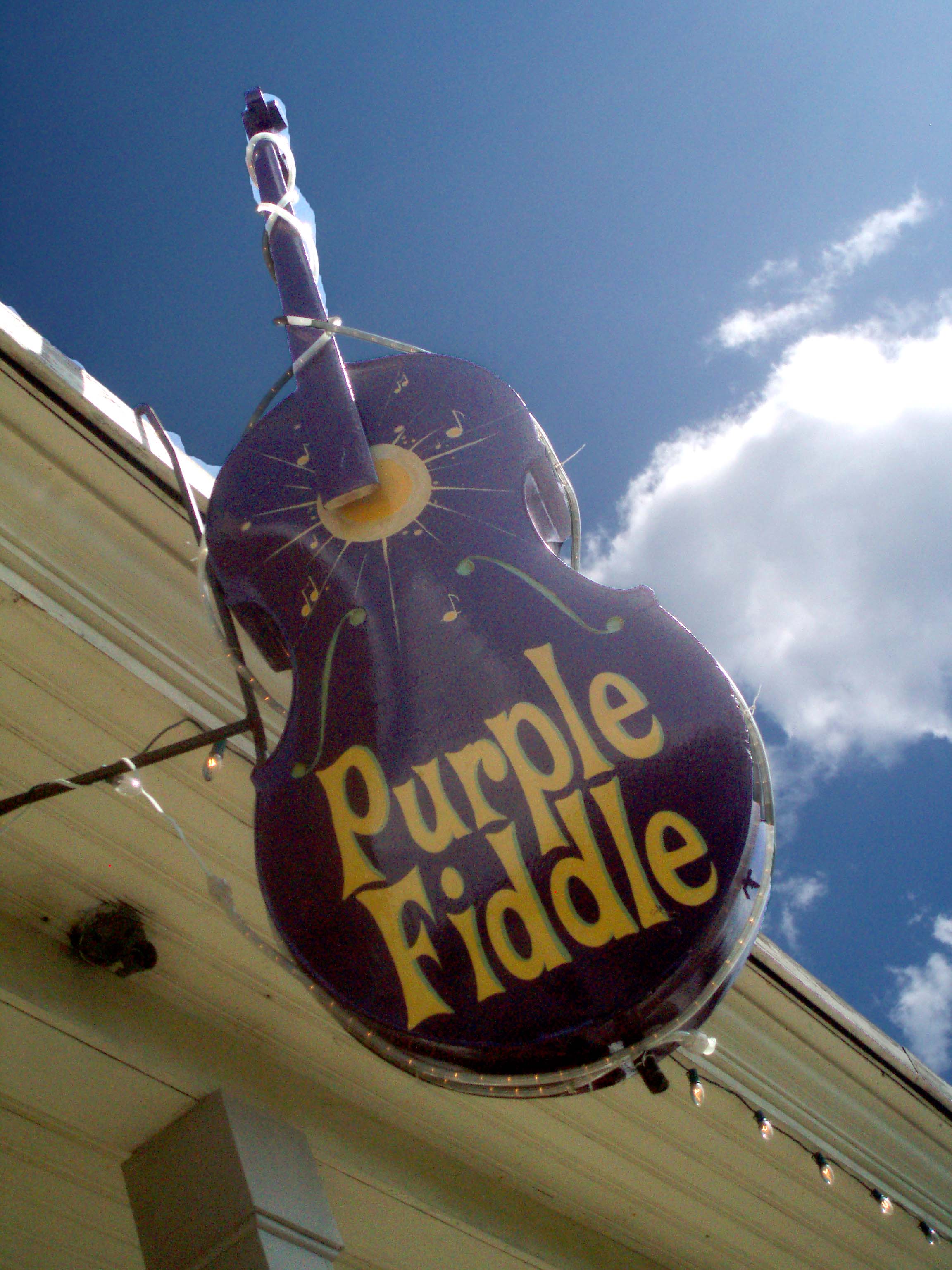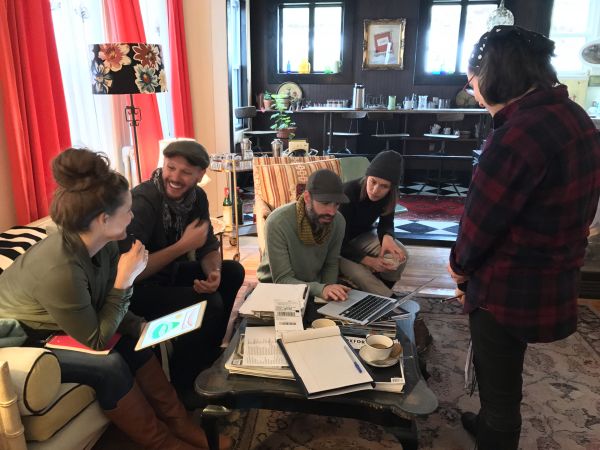Materials Posted
Power Point Presentation | Recording
Join the Housing Assistance Council on February 7, 2018 for the second of three webinars focused on financing farm labor housing. Part 1 | Part 3
Summary
The Section 514/516 Farm Labor Housing (FLH) program provides loans and grants for the development of on-farm and off-farm housing. The program is operated by the U.S. Department of Agriculture’s Rural Development Housing and Community Facilities Programs office (RD).
Section 514 loans and Section 516 grants are provided to buy, build, improve, or repair housing for farm laborers. Funds can be used to purchase a site or a leasehold interest in a site; to construct or repair housing, day care facilities, or community rooms; to pay fees to purchase durable household furnishings; and to pay construction loan interest.
Description
This webinar, the second in the three-part series, will provide information to help project sponsors complete the Final Application process required to close on the loan and/or grant with USDA Rural Housing Services. Information will be presented on finalizing development and operating budgets, securing site control, compliance with environmental review requirements, assembling the development team of architects, engineers and contractors to finalize plans and specifications, and completing the bidding process to award contracts. The process for obtaining USDA approval of construction plans, the Property Management Plan and other RD requirements will be reviewed. Information will also be provided on layering other leveraged funds in coordination with 514/516 funding, and the requirements for completing the loan closing process with USDA Rural Housing Services.
Register Now
SPONSORED BY
Tierra del Sol Housing Corporation and Community Resources and Housing Development Corporation through a grant agreement with USDA Rural Housing Services
About Tierra del Sol Housing (TDS)
TDS was founded in 1973 by a group of community leaders, farm workers, rural families, and churches to help rural New Mexicans achieve “the goal of a decent home and suitable living environment”. The dream for better housing began with Alto de Las Flores, the first of many large-scale homeownership programs and grew over time to encompass the full range of housing opportunities through self-help programs, renovation of existing housing, rural and farm labor rental housing, supportive housing for the elderly and disabled, and temporary housing assistance programs to prevent homelessness. TDS has since become a leading producer of affordable housing, and has worked to empower other collaborating nonprofit providers to increase their capacity to develop, own and manage housing for low income persons. Tierra del Sol has an impressive development record, producing more than 5,000 rental and homeownership units.
TDS has owned and managed rental housing serving low income families and special populations for more than 45 years, and currently owns 1,059 rental housing units that includes 299 units for farm workers.
Today, Tierra del Sol is advancing the needs of farmworkers and rural families by sharing its technical expertise to help other organizations address their community’s housing needs through Farm Labor Housing Technical Assistance, Self-Help Homeownership Opportunities and Workforce Investment Opportunity programs offered throughout the region and nationally.
About Community Resources and Housing Development Corporation (CRHDC)
CRHDC was Incorporated in 1971 to address the intolerable living conditions and lack of adequate housing for migrant farm workers in the rural areas of Colorado. The organization was created to research and develop housing opportunities for low-income rural families through the construction of safe, sanitary, and affordable housing. The mission has expanded over the years to address community needs, both urban and rural, on a state-wide scale. This includes activities geared toward increasing the financial viability and sustainability of families and the communities in which they live and work. Through the use of innovative strategies, CRHDC has closed the gap between the price of private market housing and the ability of low income families to pay.
CRHDC has a history of developing 514/516 projects that leveraged significant other financing and services through partnerships with collaborating agencies. CRHDC has built more than 2,000 units of self-help housing and owns rental housing serving seniors and low-income persons.
As a technical assistance provider, CRHDC specializes in a wide range of services covering all aspects from board development to project development to construction and property management. Through its subsidiary, Colorado Housing Enterprises, CRHDC also serves as a certified Community Development Financial Institution (CDFI).
Both CRHDC and TDS have provided technical assistance for the development of farm labor housing since 2002 through agreements with USDA Rural Housing Services.
HOSTED BY HAC
About the Housing Assistance Council
The Housing Assistance Council (HAC) is a national nonprofit that assists local organizations to build affordable homes in rural America. Since 1971 HAC has provided assistance in the development of both single- and multi-family homes and promotes homeownership for working low-income rural families through a self-help, “sweat equity” construction method by emphasizing local solutions, empowerment of people in poverty, reduced dependence, and self-help strategies. HAC offers services to public, nonprofit, and private organizations throughout the rural United States and maintains a special focus on high-need groups and regions, particularly: Indian country, the Mississippi Delta, farmworkers, the Southwest border colonias, and Appalachia.

 (HAC) joins
(HAC) joins 
